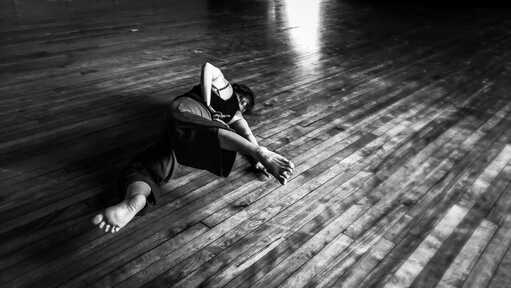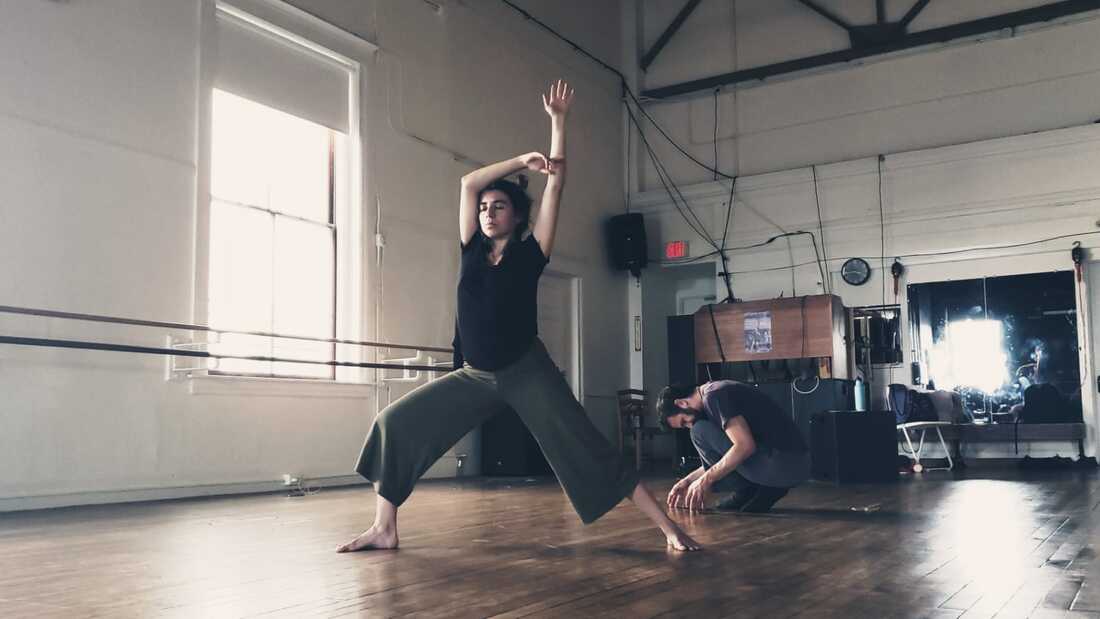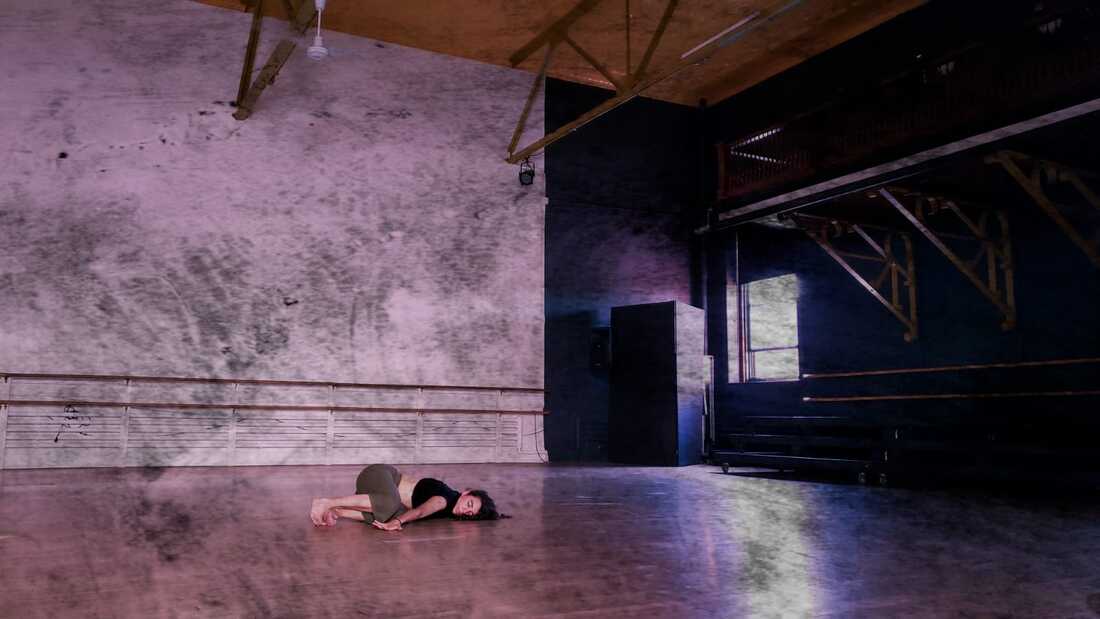|
REBECA MEDINA
SCDT RESIDENCY SUMMER 2019 Choreographer and dancer Rebeca Medina is originally from Bogotá, Colombia. She attended the dance school Danza Común in Bogotá while studying the anthropology of the body at Los Andes University. After graduating in 2007, her choreographic questions and ideas about interdisciplinarity led her to obtain a master’s degree in theater and live arts from the National University of Colombia in 2011. Since then she has been collaborating with theater companies, choreographers, video artists, poets, photographers, musicians and herbalists, among other artists. This experience has informed the way she creates and make work. She insists on the importance of challenging what dance can and should address. As an artist, activist and human she is interested in nature, in plants and animals. |
 Photo by Levi Gershkowitz
Photo by Levi Gershkowitz
She has had the privilege of performing and collaborating with Sister Sylvester (theater company), Alex Borinsky, Dai Jian, Yoshiko Chuma and The School of Hard Knocks, Megan Byrne, Alexis Zaccarello and Tatyana Tenenbaum, among others.
Between 2009 and 2019, Rebeca has been granted with different dance residencies in Colombia, Uruguay, Chile and the United States, where she currently lives and creates work.
ARTIST STATEMENT:
My work asks about the process of becoming: becoming an animal, becoming a plant. What states of the body are relevant to becoming another living, non-human species? How is the plant and the animal invoked? Is there knowledge about
these metamorphoses waiting to be revealed in the human body?
The work I create emerges from its relationship with space, sound and light with the movement of the body from the fundamental idea of training ourselves to awaken instincts, identify desires, to recognize them and let them be. I am training myself in creating a locus of structured improvisations where we learn to respond in the present as animals and plants do. To not anticipate the right moment. To not get ahead of ourselves, to not give ourselves away.
I am researching slow, precise movement based on an ongoing practice of building an ethnography of plants. My creative process is an exercise in the embodiment of the foreign, that which is not human.
It is a practice of being in irrepressible bodies, bodies that move not only in space, but which grow, which are deformed, and which cause change in the spaces around them.
IN RESIDENCE:
"My time at SCDT was deeply nourishing. I had the opportunity to go to the studio everyday and spend time thinking, writing, dancing, researching and reflecting about my practice and the questions that motivates my movement."
Between 2009 and 2019, Rebeca has been granted with different dance residencies in Colombia, Uruguay, Chile and the United States, where she currently lives and creates work.
ARTIST STATEMENT:
My work asks about the process of becoming: becoming an animal, becoming a plant. What states of the body are relevant to becoming another living, non-human species? How is the plant and the animal invoked? Is there knowledge about
these metamorphoses waiting to be revealed in the human body?
The work I create emerges from its relationship with space, sound and light with the movement of the body from the fundamental idea of training ourselves to awaken instincts, identify desires, to recognize them and let them be. I am training myself in creating a locus of structured improvisations where we learn to respond in the present as animals and plants do. To not anticipate the right moment. To not get ahead of ourselves, to not give ourselves away.
I am researching slow, precise movement based on an ongoing practice of building an ethnography of plants. My creative process is an exercise in the embodiment of the foreign, that which is not human.
It is a practice of being in irrepressible bodies, bodies that move not only in space, but which grow, which are deformed, and which cause change in the spaces around them.
IN RESIDENCE:
"My time at SCDT was deeply nourishing. I had the opportunity to go to the studio everyday and spend time thinking, writing, dancing, researching and reflecting about my practice and the questions that motivates my movement."


